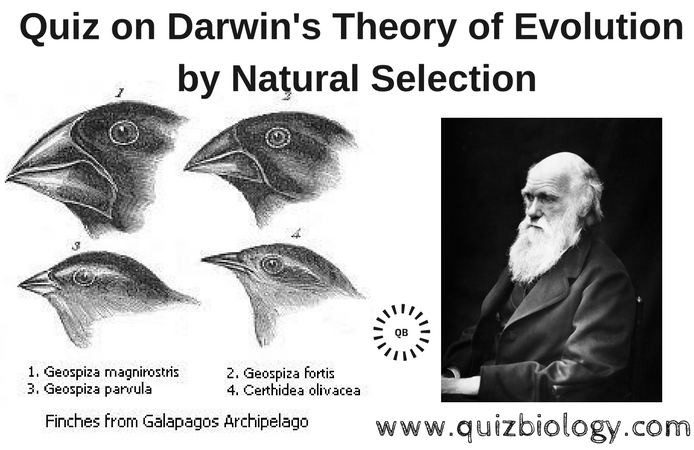Charles darwin introduced the idea of natural selection to the world backing up his theories on evolution with substantial observational data recorded on his long sea voyages

Charles Darwin: The Father of Natural Selection

Charles Darwin, a renowned English naturalist, forever changed the way we understand the diversity of life on Earth. His groundbreaking idea of natural selection, proposed in the mid-19th century, sparked a revolution in scientific thinking and established the foundation for our understanding of evolution.
The Adventurous Voyage

During his formative years, Darwin embarked on a remarkable journey aboard the HMS Beagle, a British naval ship commissioned for hydrographic surveying. This expedition would become the catalyst for Darwin’s revolutionary ideas. Over the course of five years, from 1831 to 1836, he explored various regions of the world, including the Galápagos Islands, South America, and the Pacific Islands.
Throughout his extensive travels, Darwin meticulously observed and recorded the diverse fauna and flora he encountered. He collected numerous specimens, documenting their unique characteristics and geographical distribution. Darwin’s keen eye for detail allowed him to gather substantial observational data, which he later used to support his theories on evolution.
The Theory of Evolution
Darwin’s voyage enabled him to gather a wealth of evidence that led to the formulation of his theory of evolution. He proposed that organisms evolve over time through a process known as natural selection. According to his theory, individuals with advantageous traits are more likely to survive and reproduce, passing on those beneficial traits to their offspring. Over generations, these advantageous traits become more prevalent, leading to the development of entirely new species.
Darwin’s theory challenged the prevailing religious and scientific beliefs of the time. It posited that all living organisms share a common ancestry and are shaped by their environment through the mechanism of natural selection. His work not only revolutionized biology but had profound implications for our understanding of humanity’s place in the natural world.
The Power of Observation and Evidence
What set Darwin apart was not just his groundbreaking theory but also the wealth of observational data he amassed during his voyages. His meticulous notes and detailed sketches of the diverse species he encountered served as compelling evidence for his theories. By meticulously documenting his observations, Darwin provided scientific weight to his hypothesis and made his theory more convincing.
His work challenged the prevailing perception that all species were created independently and remained unchanged. Instead, Darwin’s evidence pointed towards a gradual process of adaptation and modification over time, leading to the incredible diversity of life we see today.
Darwin’s Enduring Legacy
Charles Darwin’s contributions to science and our understanding of evolution cannot be overstated. His theory of natural selection laid the foundation for modern biology, shaping our understanding of how life on Earth has evolved. His insights revolutionized not only the field of biology but also influenced numerous other disciplines, including anthropology, psychology, and genetics.
Darwin’s groundbreaking ideas continue to shape scientific research even today. His meticulous observations and compelling evidence serve as a testament to the power of curiosity, exploration, and the importance of data-driven research.
Thus, Charles Darwin’s journey, alongside his exceptional observational skills and the conceptualization of natural selection, has forever changed our perception of the natural world and our place within it.
Source: https://www.britannica.com/biography/Charles-Darwin
Tags
Share
Related Posts
Quick Links
Legal Stuff

